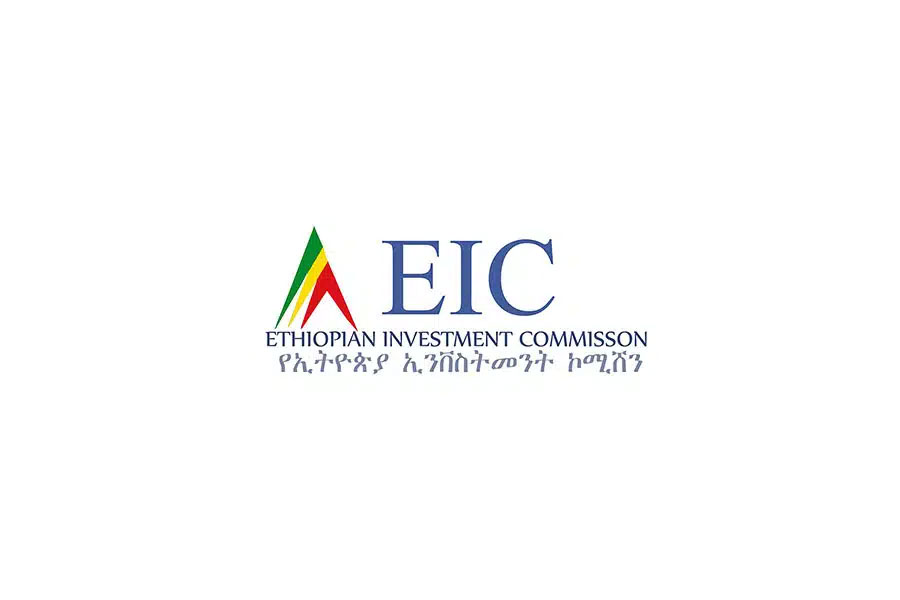
Radar | Mar 09,2019
Oct 16 , 2020
By Bereket Kefyalew
Ethiopia is one of the countries that have made the least use of AI. A tool for leapfrogging into the Fourth Industrial Revolution, failure is not an option in this arena for Ethiopia, writes Bereket Kefyalew (beereketaal26@gmail.com), director of startup and innovation promotion at the Technology & Innovation Institute, which has a directorate focused on AI.
Ethiopia has recently established a research and development centre for artificial intelligence (AI). Despite being an advanced field in the Western world, AI is quite new for Ethiopia with few institutions and organisations working on it. The contribution of the centre to advancing research in the area and using it for economic and developmental opportunities is immense.
AI is the intelligence of machines that mimic “cognitive” functions including learning and problem solving, which normally is associated with human and animal minds. With its potential for almost every facet of life, it is evident that almost every developed country wants to be a leader in this area, including the United States and China. It will soon be impossible to remain a superpower without an advanced AI technology base, if it is not already.
Governments know this and are spending accordingly. Global spending on the technology will reach 97.7 billion dollars by 2023, with an annual growth rate of 28.4pc since 2019, according to a report by the International Data Corporation.
What makes AI incredibly useful is its ability to be used to interpret big data. With big data believed to be the next gold mine, developing a capacity for mining, interpreting and analysing it is critical to building a digitally advanced country.
AI is applicable in various sectors including infrastructure, financial services and health care. Recent AI developments have been able to optimise logistics, allow cars to self-drive, detect fraud, conduct research and even compose art. In medicine, diseases can be detected at a much earlier stage, and life expectancy can be greatly improved simply by identifying deviations from usual behaviour and body functions.
The AI-based applications are also useful in understanding medical data and reaching the right conclusion without direct human involvement. It can be used in diagnosis processes, treatment protocol, drug development, patient monitoring and care.
Banks are also using AI technology by deploying several applications such as intelligent virtual assistants to improve their customer services and prevent fraud and monitor potential threats to their customers in e-commerce. In agriculture, the technology, along with Internet of Things (IoT) applications, is being used to predict planting patterns, choice of fertilisers and weather conditions. It is making the job of the farmers easier by the day.
Although AI is very useful for our economic and social development, there are concerns that need to be addressed. It is likely to accelerate automation, leading to the loss of jobs, and it poses significant threats to privacy rights. Most worrying, in the wrong hands it can be used to develop weapons of destruction.
Although Ethiopia is one of the countries that have made the least use of AI, there are, however, a few companies that have started engaging in the technology. ICog Labs, a research and development firm that has a focus on AI technology, is one of the most recognisable names. The Addis Abeba Science & Technology University also has an Artificial Intelligence & Robotics Centre of Excellence.
The biggest initiative, however, is the establishment of a national AI centre, which was inaugurated last month. The announcement came several months after the Council of Ministers' endorsed the establishment of a research centre focused on this technology.
But the Centre is not enough. Universities and colleges need to have similar centres and research units. Since data is the starting point for AI, we need to invest in the creation and collection of data. However, at the same time, we have to ensure individuals' data is protected. To preserve and protect the integrity of this data, we need trusted and responsible institutions that uphold the data protection regulatory policies and frameworks of governance.
While being cognizant of the negative externalities it could have, Ethiopia should make sure that it is not left behind in this field. It is a tool for leapfrogging into the Fourth Industrial Revolution. Failure is not an option.
PUBLISHED ON
Oct 16,2020 [ VOL
21 , NO
1068]


Radar | Mar 09,2019

Featured | Apr 06,2024

Commentaries | Jan 26,2019

Radar | Nov 29,2020

Commentaries | Jan 15,2022

Radar | Jun 21,2025

Photo Gallery | Oct 06,2021

Advertorials | May 30,2025

My Opinion | May 24,2025

Commentaries | Oct 09,2021

My Opinion | 132038 Views | Aug 14,2021

My Opinion | 128435 Views | Aug 21,2021

My Opinion | 126362 Views | Sep 10,2021

My Opinion | 123981 Views | Aug 07,2021





Dec 22 , 2024 . By TIZITA SHEWAFERAW
Charged with transforming colossal state-owned enterprises into modern and competitiv...

Aug 18 , 2024 . By AKSAH ITALO
Although predictable Yonas Zerihun's job in the ride-hailing service is not immune to...

Jul 28 , 2024 . By TIZITA SHEWAFERAW
Unhabitual, perhaps too many, Samuel Gebreyohannes, 38, used to occasionally enjoy a couple of beers at breakfast. However, he recently swit...

Jul 13 , 2024 . By AKSAH ITALO
Investors who rely on tractors, trucks, and field vehicles for commuting, transporting commodities, and f...

Jul 12 , 2025
Political leaders and their policy advisors often promise great leaps forward, yet th...

Jul 5 , 2025
Six years ago, Ethiopia was the darling of international liberal commentators. A year...

Jun 28 , 2025
Meseret Damtie, the assertive auditor general, has never been shy about naming names...

Jun 21 , 2025
A well-worn adage says, “Budget is not destiny, but it is direction.” Examining t...

Jul 13 , 2025 . By YITBAREK GETACHEW
The Addis Abeba City Revenue Bureau has introduced a new directive set to reshape how...

Jul 13 , 2025 . By BEZAWIT HULUAGER
Addis Abeba has approved a record 350 billion Br budget for the 2025/26 fiscal year,...

Jul 13 , 2025 . By RUTH BERHANU
The Addis Abeba Revenue Bureau has scrapped a value-added tax (VAT) on unprocessed ve...

Jul 13 , 2025 . By NAHOM AYELE
Federal lawmakers have finally brought closure to a protracted and contentious tax de...